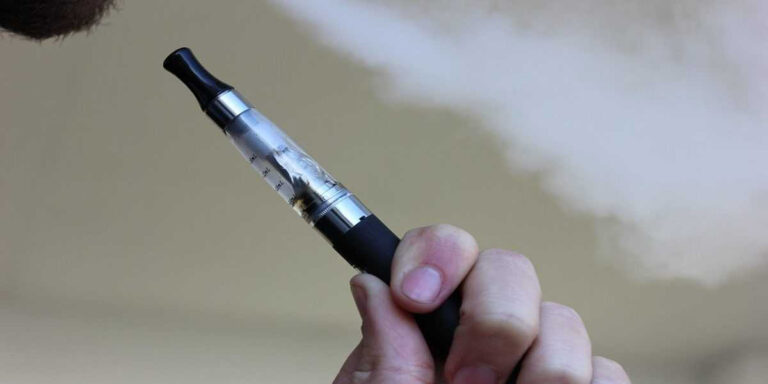In January 2024, the Netherlands banned flavored e-cigarettes and e-liquids to protect young people from nicotine addiction. However, enforcement difficulties persist as illegal markets continue to operate.
Ban Overview
- Ban Objective: The ban aims to make e-cigarettes less appealing to youth, directly addressing public health concerns related to early nicotine addiction.
- Scope of the Ban: The prohibition targets all non-tobacco flavored e-cigarettes and e-liquids, which are popular among younger demographics.
Enforcement Challenges
- Investigative Findings: Reports from NU.nl reveal that flavored e-cigarettes are still sold in some Amsterdam shops, with transactions often in cash to evade tracking.
- Online Sales Issues: Despite regulations, online sales of banned flavors thrive on platforms like Telegram, eluding standard regulatory controls.
Role of Regulatory Authority
- NVWA Enforcement Tactics: The Netherlands Food and Consumer Product Safety Authority (NVWA) aims to curb market entry of these products by focusing on manufacturers, importers, and distributors.
- Challenges with Online Sales: The NVWA finds it difficult to monitor and regulate private and online sales of flavored e-cigarettes.
Market and Illegal Trade Dynamics
- Industry Association Insights: Emil ‘t Hart, leader of the Independent Sellers of E-cigarettes Industry Association, indicates a surge in illegal trade, especially among youth on online platforms.
- Demand and Supply Indicators: Quick sell-outs of new stocks in stores indicate a high demand for flavored e-cigarettes, supporting a robust illegal market.
Regulatory Strategies and Outlook
- Enforcement Needs: The NVWA recognizes the need for more resources and strategies to combat the illegal trade effectively.
- Long-term Goals: The Dutch government’s broader goal is to reduce youth smoking rates by making smoking unattractive, necessitating ongoing regulatory innovation and enforcement.
Conclusion
The Netherlands’ efforts to deter youth from flavored e-cigarettes face significant enforcement hurdles, highlighting the need for stronger regulatory measures and better resources to achieve public health objectives.


















